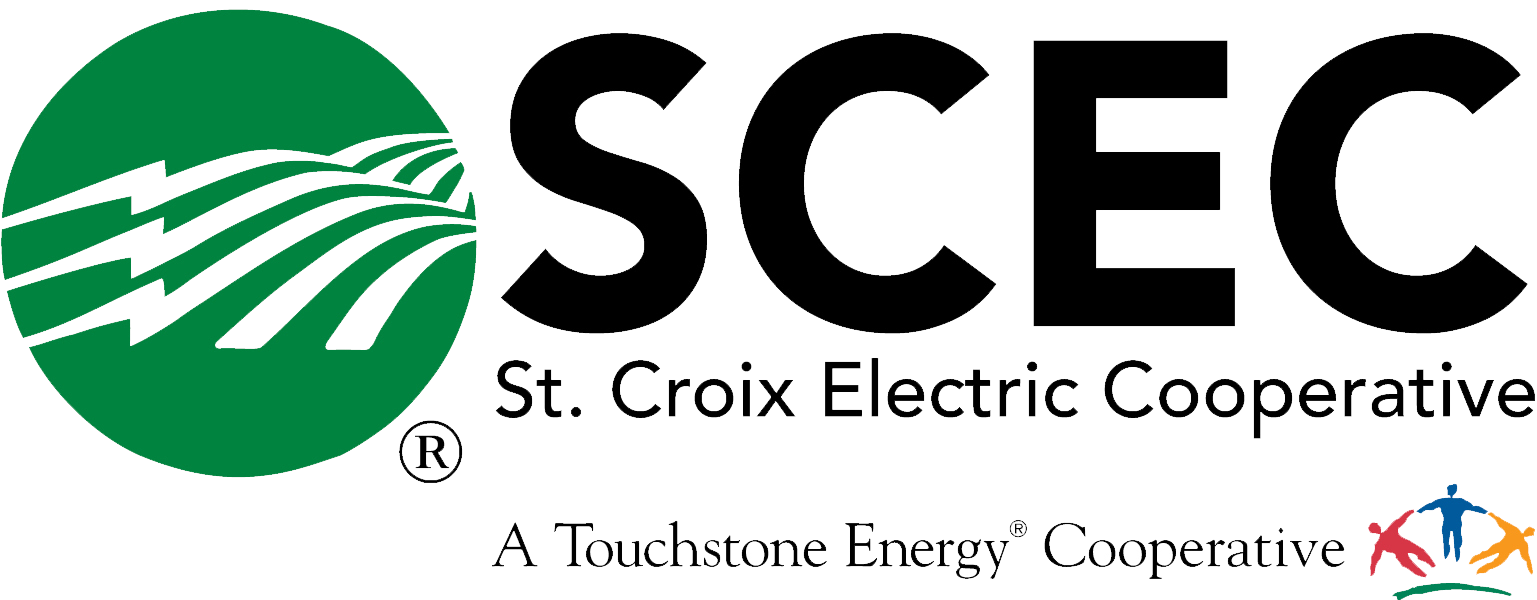It is no surprise to anyone that the cost of products and services is rising. We are continuously reminded of the supply chain issues and the highest inflation in 40 years every time we fill our gas tank or make a trip to the grocery store. St. Croix Electric Cooperative (SCEC) has not been immune to these rising prices and, in some ways, our industry has been hit even harder. The past year brought with it many challenges. Three concerns that will impact members next year are general inflation, supply chain issues, and electric market price volatility.
One topic this past spring that hadn’t been a year-to-year concern before was the growing concern over electric reliability. Thankfully, our region made it through the summer without the concerns of rolling blackouts materializing, but we did experience significant energy price volatility. In 2021, SCEC deferred half a million dollars into 2022 that was used to absorb some Power Cost Adjustments (PCAs) from our wholesale power provider, Dairyland Power Cooperative ($638,000 year-to-date). We passed back a $217,000 credit to our members in August, only to receive a $400,000 charge that we passed through to members in September.
SCEC’s management team and its Board of Directors work hard to mitigate the volatility in the electricity prices we charge; however, there are many factors that are simply beyond our control. The cooperative’s controllable expenses are only approximately 30% of your total energy bill, and many of those “controllable” expenses we don’t have full control over.
Nearly 70% of SCEC’s cost each year is its wholesale energy cost from Dairyland Power Cooperative. Dairyland is still in the process of finalizing its budget for next year, but currently, we anticipate an approximately 4.5% to 6% increase with a more frequent use of the PCA expected. From 2018 to 2020, we saw minimal use of the PCA as the energy market was less volatile. In 2021 and 2022, the volatility increased, but SCEC was able to “stabilize” the need for significant PCAs by deferring revenue from previous years. We absorbed some of the monthly price variations, with only one or two months per year when a PCA was necessary. Looking to next year, we anticipate the PCA will be used much more frequently.
Much of this volatility is due to the increased need for natural gas as an electric fuel generation source. As the United States shutters existing coal plants and relies more on intermittent renewable energy resources, we increase the reliance on the use of natural gas to generate electricity. Presently, between 30% to 40% of the energy on the Midcontinent Independent System Operator (MISO) market is produced from natural gas. As the world demand for natural gas goes up, so does the cost of natural gas – and thus the cost of electricity.
As I mentioned, inflation and supply chain issues have also significantly impacted the cooperative over the past year. RESCO (Rural Electric Supply Cooperative), the wholesale supplier that SCEC is a member-owner of, saw a wholesale price increase of almost 15% in 2021 and another 16.5% so far in 2022. That is an average cost increase of more than 30% for the electric supply hardware we need to maintain and grow a reliable electric system for our members. We also saw lead times for certain critical components go from 4 to 6 weeks to 54 weeks plus. In anticipation of supply chain issues, and because our cooperative is in a high growth area, SCEC pre-bought and stocked up on materials we knew the cooperative would need over the next 12 to 18 months. Proactive actions like this helped us mitigate the supply chain issues of 2022 and lessened the impact of rising prices. Preordering turned out to be a positive short-term tactic to alleviate the price increases, however, we are running out of stock and are now ordering at the increased prices for 2023 – and 2024 – already.
Moving into 2023, it appears inflation, supply chain issues, and energy pricing volatility will only continue to increase. Looking closely at these factors, SCEC’s Board of Directors and management team are carefully considering SCEC’s rate structure for the coming year. It's important to make sure we have enough revenue to maintain the health of the cooperative now and into the future. We anticipate the need for both an increase in SCEC rates in 2023 and a more frequent reliance on the use of the Power Cost Adjustment to address the price increases we are seeing and the volatility in the wholesale market.
These changes will help us continue to provide our members with the reliable and affordable electricity you’ve come to expect – even in times of volatile market pricing, supply chain issues, and widespread inflation.
Until next month,

